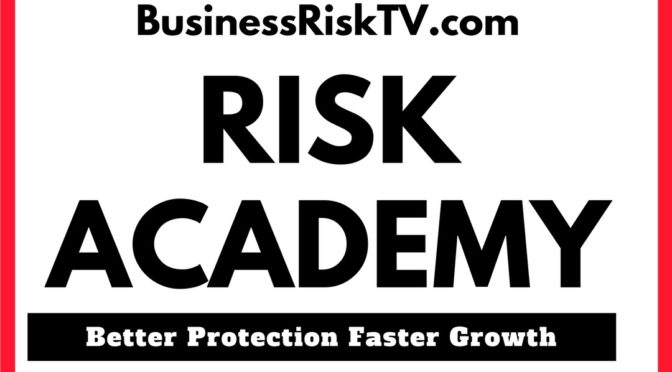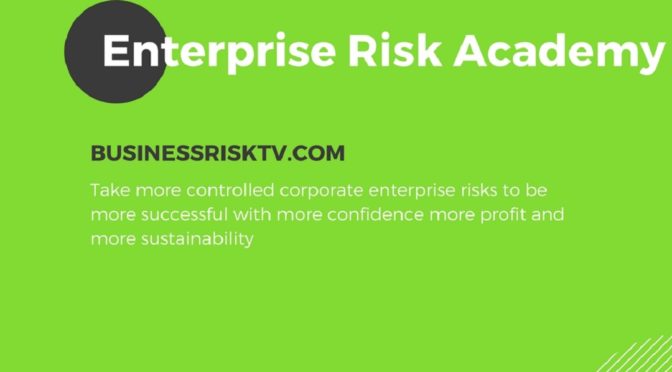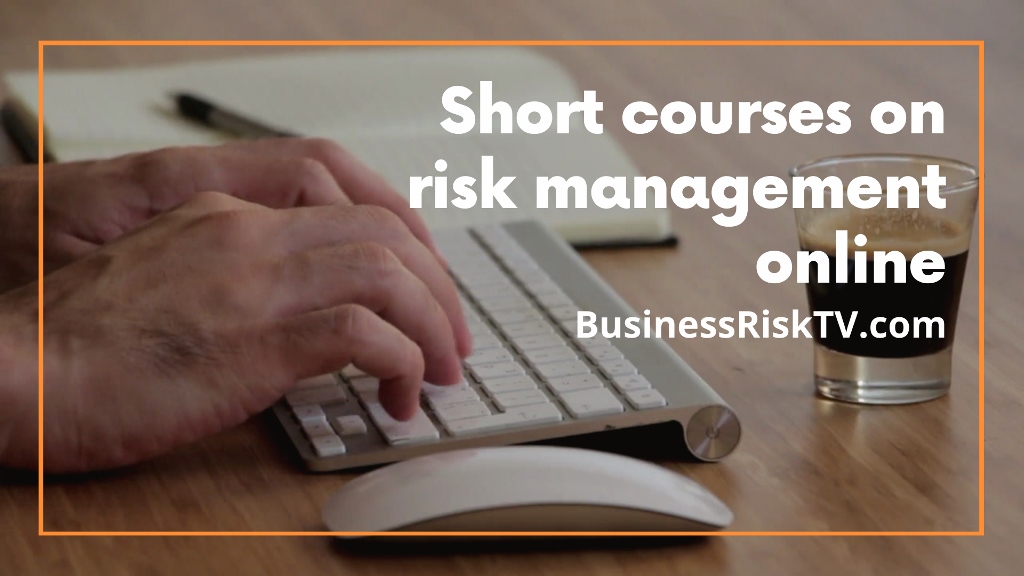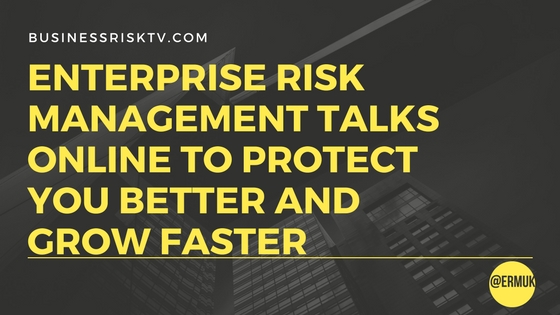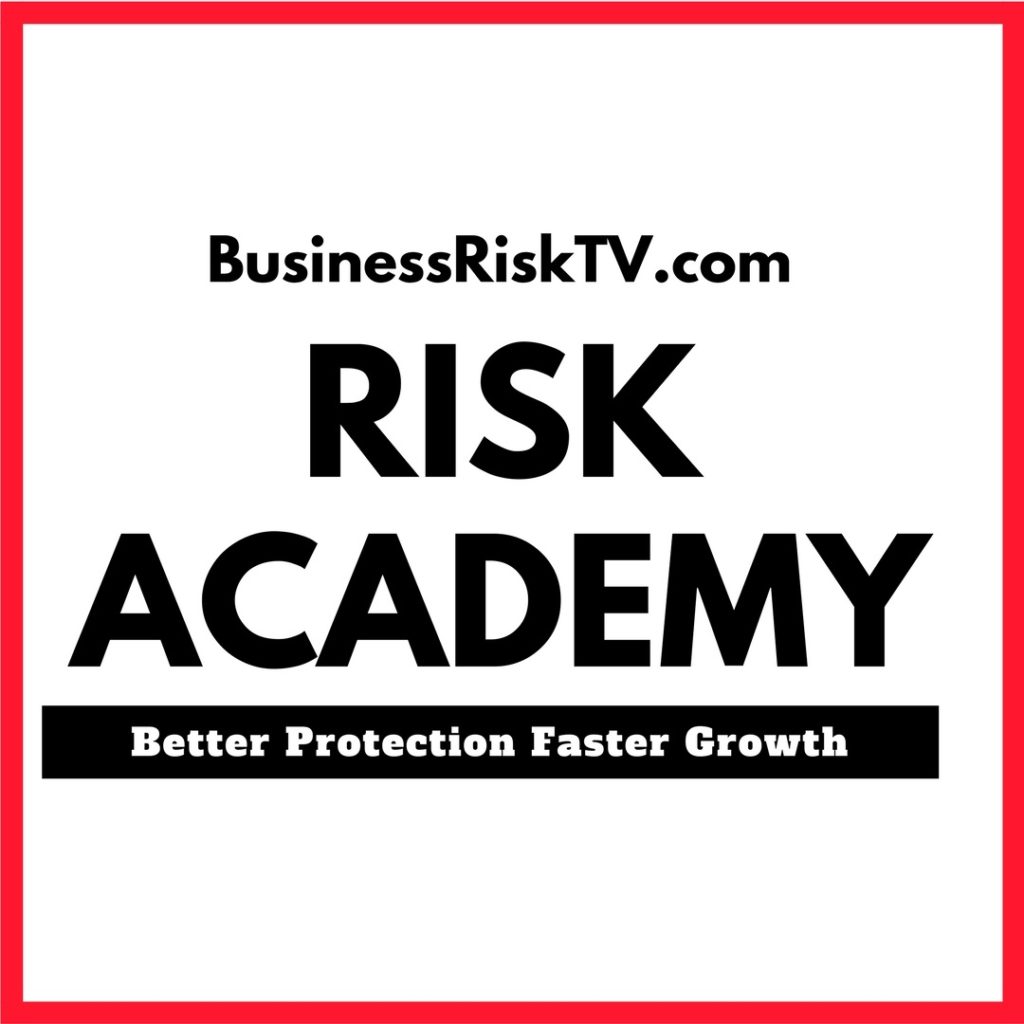Sharpening the Saw: Risk Management in a Perilous 2024
As the calendar edges towards 2024, casting a long shadow over an already turbulent 2023, businesses find themselves teetering on the precipice of an increasingly dangerous economic environment. Inflation roars, supply chains sputter, and geopolitical tensions crackle like live wires. In this landscape, the ability to anticipate, navigate, and mitigate risk transcends mere competence – it becomes an existential imperative. Enter the age of the sharpened saw.
The metaphor, popularised by Stephen Covey in his seminal work “The 7 Habits of Highly Effective People,” speaks to the vital need for continuous renewal and self-improvement. In the context of business risk management, sharpening the saw translates to the proactive honing of skills, knowledge, and strategies to effectively manage and mitigate potential threats. It’s about staying ahead of the curve, not merely reacting to the blows as they land.
But why is this so crucial in 2024? The answer lies in the confluence of multiple, potent risk factors. The global economic slowdown, fuelled by rising interest rates throughout 2023 and inflation created by overprinting of money by central banks, threatens to dampen consumer spending and cripple businesses across industries. Supply chain disruptions, exacerbated by ongoing geopolitical tensions, continue to cast a long shadow, making it difficult to secure essential materials and ensure smooth operations. And lest we forget, the ever-present spectre of climate change lurks, unleashing its fury in the form of extreme weather events and resource scarcity.
This perfect storm of risks calls for a new breed of business leaders – not simply risk averse, but adept at navigating turbulent waters. These leaders recognise that knowledge is not power, but risk intelligence. As the ancient Chinese philosopher Sun Tzu observed, “Know the enemy and know yourself; in a hundred battles you will never be in peril.” In today’s economic battlefield, the “enemy” is not a singular entity, but the ever-shifting sands of risk itself. Understanding these risks, their interconnectedness, and their potential impact requires continuous learning, strategic foresight, and a data-driven approach to risk assessment.
This is where sharpening the saw comes into play. Businesses must invest in their people, equipping them with the skills and knowledge needed to identify, analyse, and mitigate risks. This includes:
- Scenario planning: Developing a range of potential outcomes based on different risk scenarios and stress-testing strategies to ensure resilience.
- Data analytics: Leveraging data to identify patterns, predict trends, and make informed risk management decisions.
- Cybersecurity awareness: Recognising the growing threat of cyberattacks and implementing robust cybersecurity protocols.
- Crisis communication: Preparing for and effectively communicating during times of crisis to maintain stakeholder trust and mitigate reputational damage.
Investing in training programmes, risk management software, and fostering a culture of risk awareness are all essential steps in sharpening the saw. As the Roman philosopher Seneca wisely said, “Luck is what happens when preparation meets opportunity.” In the volatile economic landscape of 2024, preparation is not simply prudent, it’s a matter of survival.
Sharpening the saw extends beyond internal efforts. Building strong relationships with key stakeholders, including suppliers, partners, and regulatory bodies, can provide invaluable insights and early warning signs of potential risks. By fostering an ecosystem of collaborative risk management, businesses can collectively weather the storm and emerge stronger on the other side.
The road ahead will undoubtedly be fraught with challenges and uncertainties. But for those who choose to sharpen their saws – to proactively manage risk and continuously adapt to new threats – the future, though perilous, holds the promise of resilience and growth. Remember, as the German philosopher Nietzsche declared, “He who has a why to live can bear almost any how.” In 2024, our “why” should be the preservation and growth of our businesses, and our “how” should be the relentless pursuit of and proactive mitigation. Let us sharpen our saws, face the uncertain future with courage and foresight, and emerge from the economic jungle not merely unscathed, but thriving.
Get help to protect and grow your business
Access business risk management training courses
Subscribe for free business risk alerts and risk reviews
